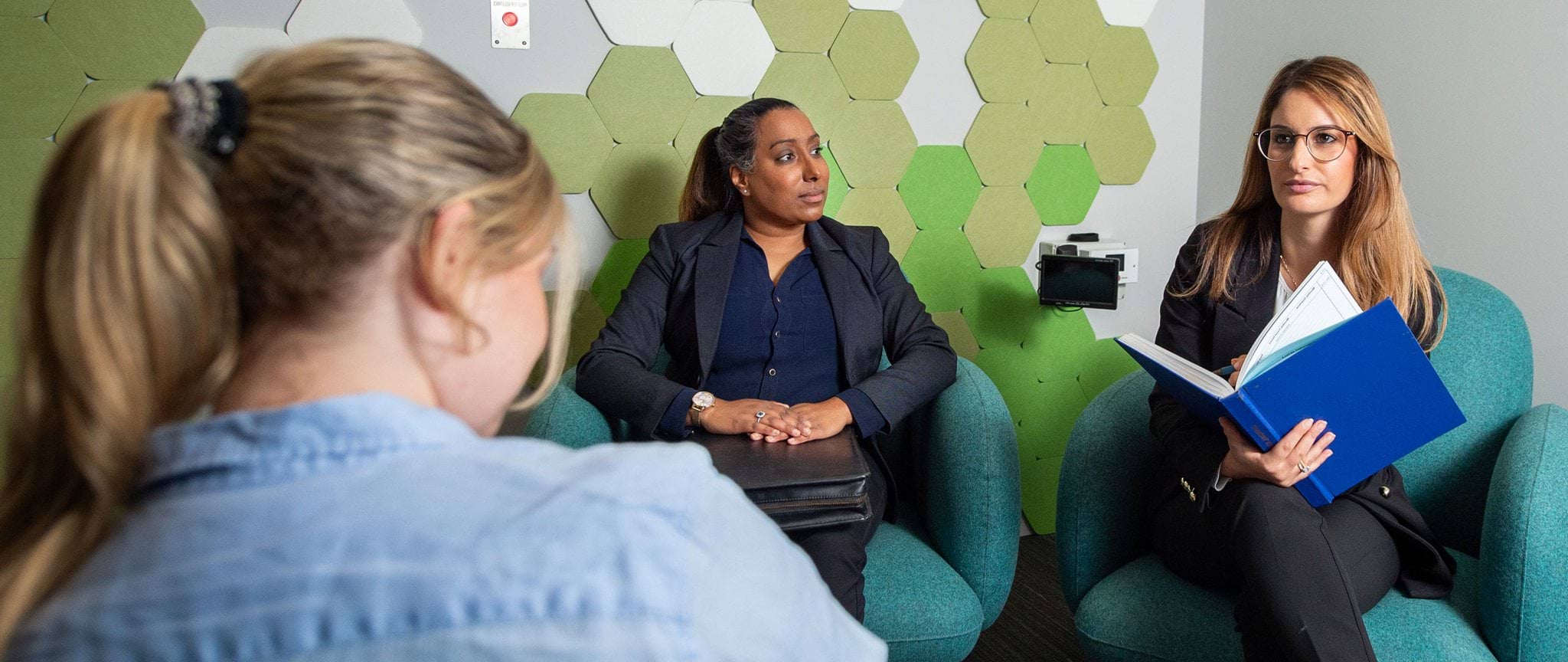Sexual offences and child abuse are serious crimes. Find information about sexual offences (or sex crimes) and child abuse and how to report them, understand consent laws, and access support services.
Victoria Police's commitment is to the ongoing support of victims and to hold perpetrators to account.
About sexual offences, child abuse, and consent laws
Sexual offences, sexual assaults and sex crimes
The definition of sexual offences and the types of sexual behaviours and acts that we investigate.
Image based sexual offences
Definitions relating to image based sexual offending, like producing and distributing intimate images, sexting, child abuse material and the law.
Child abuse
The definition of child abuse and the types of behaviours and acts against children that we investigate.
Consent and consent laws
Consent is a voluntary agreement between people to engage in any sexual activity.
How to report an offence
Report sexual offences or child abuse
Learn how to report sexual offences and child abuse to Victoria Police.
Dating apps, online platforms, and sexual offences
How to report a sexual assault committed by someone you met through a dating app or another online platform.
Community update
Investigation of alleged incidents in childcare centres
Learn about the further charges laid as part of the investigation and find support information and services.
Support information and resources
Sexual offences and child abuse support and resources
Different services and support information available for victims of for sexual offences (or sex crimes) and child abuse.
Sexual offences and child abuse support teams and centres
Get in touch with our specialised teams and Multi-disciplinary Centres. Always call Triple Zero (000) in an emergency.
Updated
